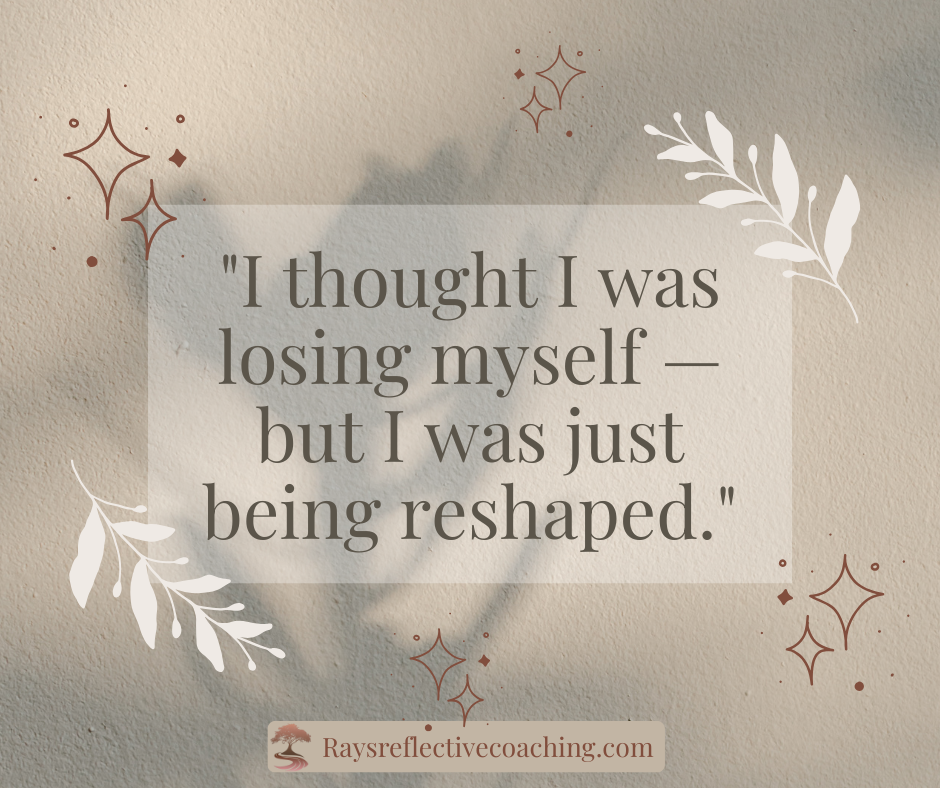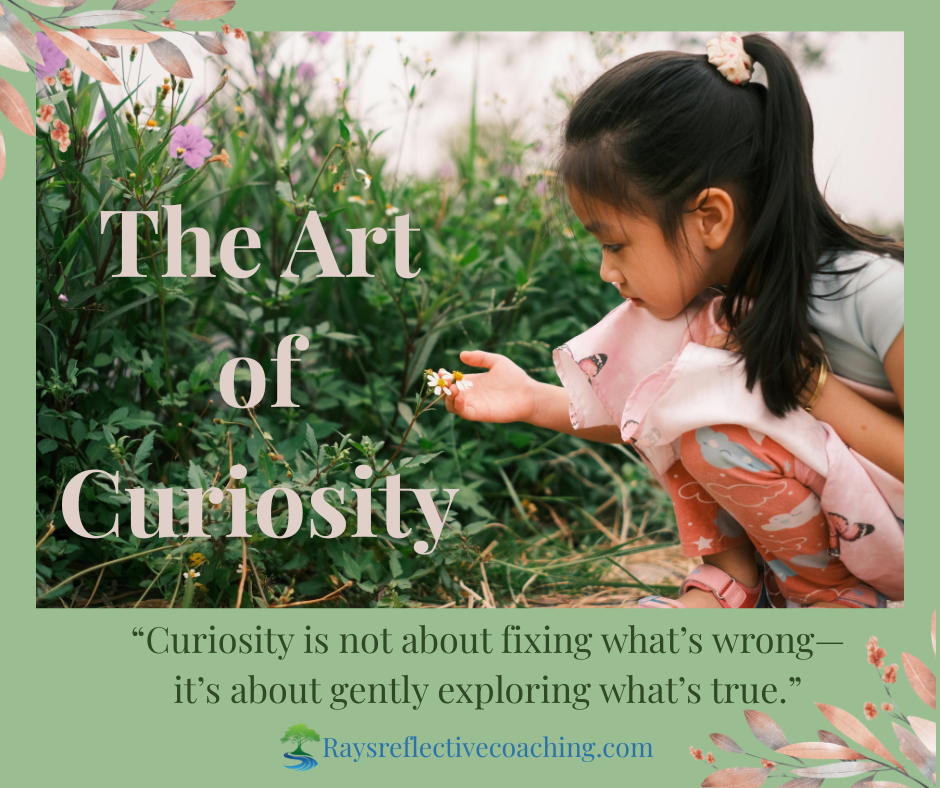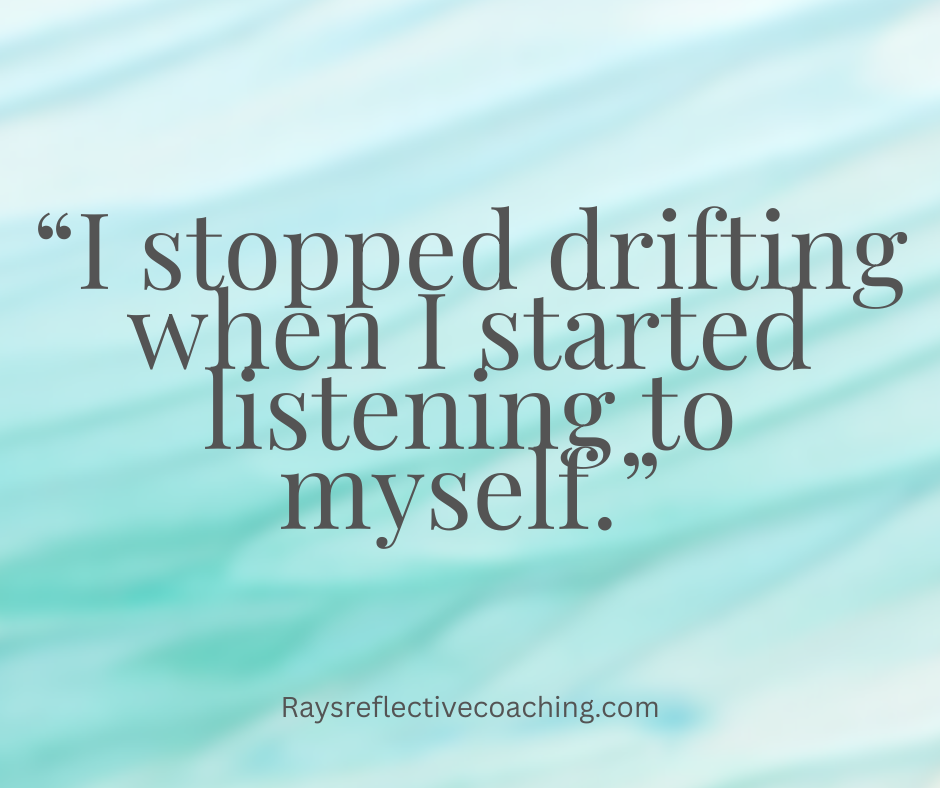
When the Gut Speaks: The Hidden Impact of Stress on Our Digestive System
Have you ever had “butterflies” in your stomach before a big event? Or lost your appetite during a stressful time? These experiences are more than just metaphors — they’re real signals from your body, and they tell a powerful story about the connection between stress and the gut.
As a transformative coach, I support clients in reconnecting with themselves — their bodies, minds, and inner wisdom. But this topic isn’t just professional for me. It’s deeply personal.
For years, I struggled with serious digestive issues — nausea, IBS, and ultimately a gastric ulcer that nearly cost me my life. On the surface, I was functioning. But inside, my body was crying out for help. And I wasn’t listening.
It took a major health crisis to stop me in my tracks and wake me up to the real cost of unacknowledged stress. Since then, I’ve become deeply passionate about helping others hear the whispers of their body before it has to scream.
Stress: The Silent Saboteur
Stress is often quiet. It creeps in unnoticed — disguised as a busy schedule, people-pleasing, high expectations, or emotional suppression. We learn to live with it, adapt to it, even deny it.
But stress doesn’t only live in the mind. It shows up in how we think, how we behave — and how our bodies feel. And for many of us, it speaks through our gut.
The Gut: Our Second Brain
The gut is sometimes called our “second brain” — and for good reason. It contains its own nervous system (the enteric nervous system) and is in constant dialogue with the brain through the vagus nerve. What we think and feel influences digestion, and gut health in turn affects our mood, clarity, and sense of self.
When stress becomes chronic, the body activates its fight-or-flight mode. In this state, digestion is deprioritised. Blood is redirected away from the gut, enzyme production drops, and gut motility becomes disrupted. The result? Bloating, constipation, diarrhoea, reflux, nausea, and for some — as I know all too well — ulcers.
When Stress Goes Unnoticed
Often, we don’t recognise the toll stress is taking on us — because it’s been there for so long. We adapt to the tension, the irritability, the fatigue. We normalise the bloating, the discomfort, the inconsistent digestion. We treat the symptoms without asking why they’re happening in the first place.
It’s not until the body shouts — through illness, chronic pain, or burnout — that we finally pay attention. But what if we didn’t wait that long? What if those symptoms were actually invitations to pause, check in, and listen?
This is where deep, transformative work begins.
A Transformative Coaching Lens
In transformative coaching, we don’t rush to fix the symptoms. We pause. We get curious. We explore:
-
What is your body trying to communicate?
-
What’s been held in, unexpressed, or chronically over-ridden?
-
Where have you been pushing through, ignoring your own needs?
When we create space for these questions — with compassion, honesty, and presence — something shifts. Clients often begin to feel reconnected not just with their body, but with their values, boundaries, and sense of wholeness. As stress patterns soften, the body often follows.
Practical Invitations
If you’re noticing digestive discomfort, I invite you to try these gentle practices:
-
Body check-ins – Pause and place a hand on your belly. Ask, “How am I really feeling right now?”
-
Deep breathing – Slow, belly-based breathing helps activate the parasympathetic nervous system, which supports digestion and healing.
-
Soften the pace – Where might you be rushing? Where can you say no, or slow down, even slightly?
-
Track the triggers – Not just food, but people, situations, and thoughts. What tends to tighten your gut?
-
Seek support – You don’t have to figure this out alone. Support can be a powerful catalyst for change.
Final Thoughts
Our gut is one of the most honest parts of us. It doesn’t lie. It feels everything — even the things we try to ignore. And sometimes, when we slow down and truly listen, we discover that the discomfort we feel is a signal, not a flaw.
For me, it took a health crisis to finally pay attention to what my body was saying. I don’t want that for you. My journey is what drives my work — helping others hear the whisper before it becomes a roar.
If any of this resonates, I offer a free chemistry call — a safe, no-pressure space to explore what your body, your stress, and your life might be asking of you.
Let’s listen together.
 Demos
Demos  Colors
Colors  Docs
Docs  Support
Support 



















Denise Sandercock
July 12, 2025I’ve just finished reading your latest Blog… interesting and thought provoking too. I’ve heard that second brain phrase before I haven’t really paid enough attention to that fact… up until very recently that is. It made so much sense. Thank you